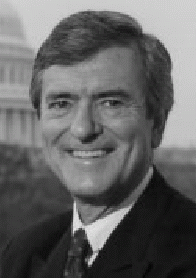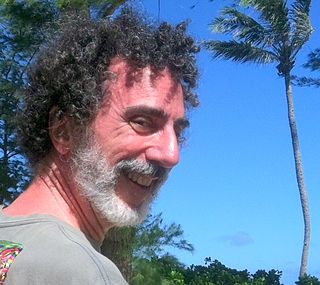A Quote by Sophie Swetchine
Pride dries the tears of anger and vexation; humility, those of grief. The one is indignant that we should suffer; the other calms us by the reminder that we deserve nothing else.
Related Quotes
When poets die, other poets take it personally, almost as an affront. A lot of us "left behind" are thinking that poetry is the one thing keeping us alive and present, so what does it mean when one of our ranks chooses to end his or her life? There's an anger beneath the grief, you know? That anger and grief, in turn, breeds other poems from those of us left behind.
Let us watch against pride in every shape - pride of intellect, pride of wealth, pride of our own goodness. Nothing is so likely to keep a person out of heaven, and prevent them from seeing Christ, as pride. So long as we think we are something we shall never be saved. Let us pray for and cultivate humility; let us seek to know ourselves correctly, and to find out our place in the sight of a holy God.
The vice I am talking of is Pride or Self-Conceit: and the virtue opposite to it, in Christian morals, is called Humility...According to Christian teachers, the essential vice, the utmost evil, is Pride. Unchastity, anger, greed, drunkenness, and all that, are mere flea bites in comparison: it was through Pride that the devil became the devil: Pride leads to every other vice: it is the complete anti-God state of mind.
The way to Christ is first through humility, second through humility, and third through humility. If humility does not precede and accompany and follow every good work we do, if it is not before us to focus on, it it is not beside us to lean upon, if it is not behind us to fence us in, pride will wrench from our hand any good deed we do at the very moment we do it.
Now you see. We are all fugitives. We have always been fugitives from the void. Whatever comfort, whatever power we gain from outside of ourselves diminishes us -- because comfort and power, unless they are won from the void inside of us, are illusions that make us forget the emptyness that carries us. When we forget that, we believe we deserve comfort and power and so are capable of any evil. We deserve nothing but what we make of ourselves. We deserve nothing else. And when we understand that, then nothing is enough.
[The World Trade Center and the Pentagon] have drawn, like gathered lightning, the anger of the enemies of civilization. Those enemies are always out there.... Americans are slow to anger but mighty when angry, and their proper anger now should be alloyed with pride. They are targets because of their virtues-principally democracy, and loyalty to those nations which, like Israel, are embattled salients of our virtues in a still-dangerous world.
Pride looks back upon its past deeds, and calculating with nicety what it has done, it commits itself to rest; whereas humility looks to that which is before, and discovering how much ground remains to be trodden, it is active and vigilant. Having gained one height, pride looks down with complacency on that which is beneath it; humility looks up to a higher and yet higher elevation. The one keeps us on this earth, which is congenial to its nature; the other directs our eye, and tends to lift us up to heaven.


































